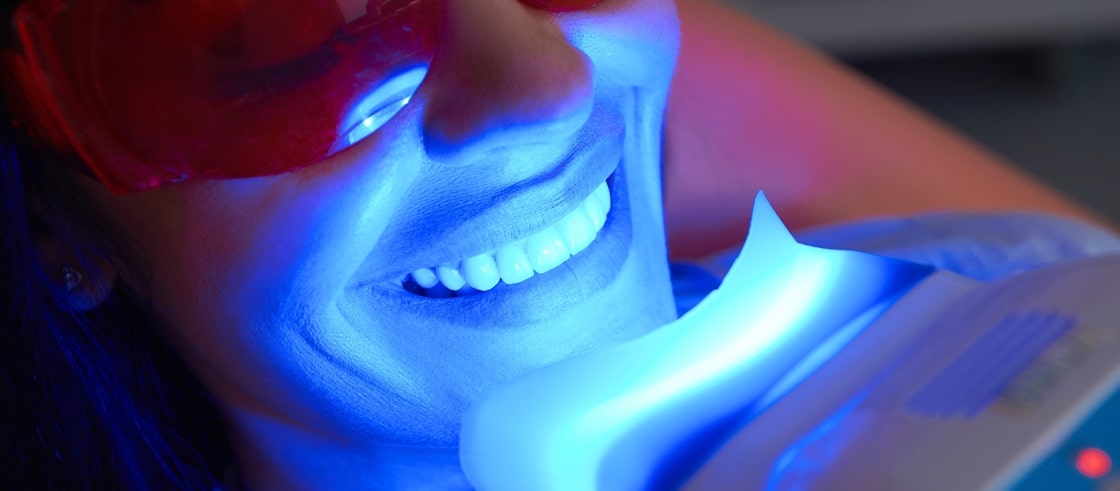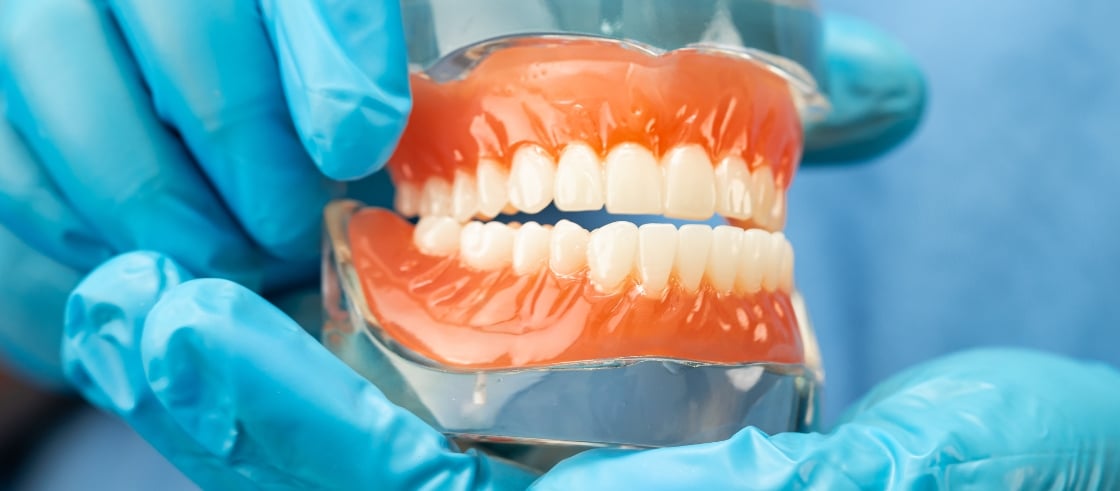Can’t wait to show off your bright white smile right after undergoing a teeth whitening treatment? You might feel tempted to crack open a bottle of wine or sip on your favorite cocktail with your friends. At that point, you might wonder if this powerful spirit can adversely affect your newly treated teeth and dim the whiteness of your smile.
Read this blog to learn when you can start having alcohol after undergoing this dental procedure without damaging your teeth.
What Does Your Teeth Go Through During Whitening?
This dental procedure involves several delicate and complex stages. It consists of applying bleach-like substances such as hydrogen peroxide or carbamide peroxide that seep into your enamel to dissolve stains.
It can briefly make your tooth enamel more permeable to allow the bleaching agent to reach the stains even below the enamel. However, your enamel might stay that way for some time even after the treatment. So you must be careful during this particular window.
Why Alcohol and Teeth Whitening Don’t Mix Well?
Right after a professional teeth whitening in Oak Park, your teeth remain in a very vulnerable condition. Colored, acidic drinks like alcohols contain elements that can latch onto your porous enamel and cause staining. Here are some reasons to avoid alcohol:
- Red wines, dark ales, and cocktails prepared with cola or colored mixers carry pigments that stick to your teeth. With weak enamel, they can seep in deeper and dull your gleaming smile.
- Alcohol is a diuretic, so it dries out your body and your mouth. Reduced saliva means reduced protection for your teeth and gums. Saliva flushes away food particles and counteracts acids.
- Whitening might temporarily sensitize your teeth. Acidic alcohol, such as wine, irritates your sensitive teeth and can cause pain.
How Long Must You Wait Before Drinking Alcohol?
Most dentists will tell you to avoid alcohol for a minimum of 24 to 48 hours after you have whitened. This amount of time lets your enamel seal those tiny pores, minimizing the likelihood of sensitivity and staining.
Waiting longer is even better, depending on how strong your teeth whitening was and the sensitivity of your teeth.
Smart Decisions Once You’re Ready to Drink
Scared that you might never be able to drink again? After the suggested time frame, you can easily start drinking again. However, these smart decisions to keep your smile safe:
- Choose Clear or Light: Colored Beverages: Vodka, gin, or white wine are better alternatives than red wine or dark beers. They won’t leave tough stains.
- Use a Straw: This easy trick keeps your teeth and the beverage as far apart as possible, lowering staining opportunities.
- Rinse Right Away: Rinsing with water between every sip cleans away pigments and acidity, protecting your teeth from any damage.
- Drink Up: Neutralize alcohol’s drying power by sipping water throughout the evening. Hydration helps saliva flow and acts as a natural cleaning agent.
You can easily have a drink after teeth whitening, once you do cross the recommended time frame. With little patience and good habits, you can allow your teeth time to heal. By being mindful of your drink choices, you can maintain a sparkling smile in the long term.
Are you ready to protect the spark of your smile? Schedule a consultation today to learn more!.



